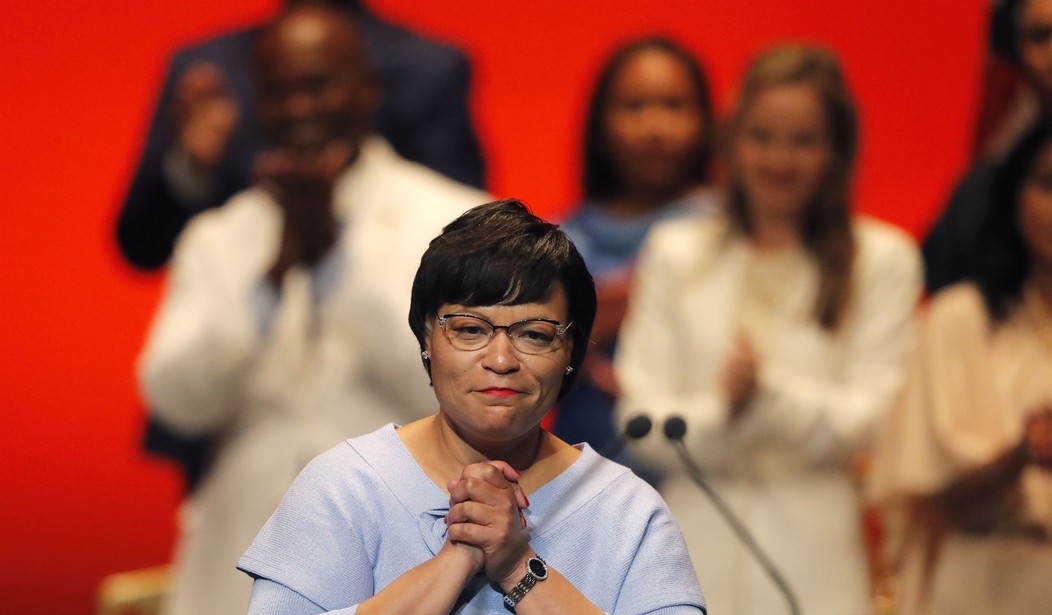The judge presiding over the lawsuit brought by organizers of the recall of New Orleans Mayor LaToya Cantrell signed the petition and failed to disclose that fact. It’s not illegal but legal experts are split over whether or not she should have recused herself from the case.
Orleans Parish Civil District Judge Jennifer Medley ruled last week in favor of a deal between recall organizers (Democrats) and Republican Secretary of State Kyle Ardoin’s office to reduce the recall threshold by 5,000 numbers. She signed the petition on December 19, as the recall campaign records show. Ardoin’s office said they were unaware that the judge signed the petition.
“We are just now being made aware of this allegation,” said John Tobler, a spokesman for Ardoin. “We do not have enough information to provide a comment at this time.”
Medley wouldn’t comment on the news that broke Wednesday that she signed the petition. She said the case technically remains pending in her courtroom but the dispute over the voter count appears to be settled.
She lowered the number of signatures needed for the petition to move forward by about 10%. That wasn’t the first time she gave a favorable ruling to petition organizers. She rejected efforts by election officials to have the case tossed out of court before testimony was heard. She refused to allow election officials to question recall organizer Eileen Carter on the number of signatures the organizers collected.
Experts in judicial ethics agree that Judge Medley should have disclosed her support of the recall. There is division on whether she violated ethical rules or if she should have recused herself from the case.
Gabe Roth, executive director of Fix the Court, a national judicial watchdog group, said Medley’s signature on the petition demonstrates “bias in favor of a party.” That meant she should have recused herself when the case landed in her courtroom.
“I as a reasonable person would think there’s bias given the signing of that petition,” Roth said.
“If I’m a litigant on whatever the opposite side of the recall is, I know because of public record where this judge comes out, and I don’t want her ruling on anything related to the recall campaign.”
Medley should have disclosed her support for the recall, but under Louisiana law, nothing required it, said Lafayette attorney Clare Roubion, who often represents judges accused of misconduct.
It seems to me that it is just common sense that the judge should have disclosed that she signed the petition, especially since she was deciding on the number of signatures needed for the recall. In 2021 the state Legislature listed specific scenarios for when judges must disclose potential conflicts or bias. “There’s nothing on its face improper about her having signed the petition, and having just signed the petition doesn’t make her so invested or interested in the outcome that she couldn’t be fair or impartial,” Roubion said.
Medley is the only elected official’s name that has surfaced in the signature count. Medley, 46, is serving her first 6-year term on the civil court. She unseated a veteran Civil District Judge in 2020 in a tough election. The recall petition has 10,000 pages that recall organizers turned in to settle a court fight. Recall signatures are public records under Louisiana law.
Since the deal was made for the number of recall signatures needed to move forward, it’s likely Judge Medley will not be affected by her non-disclosure in this case. Her work is done as far as I can tell. It ends with bad optics for her, though. Judges should go above what is required of them when judicial ethics come into play.








Join the conversation as a VIP Member